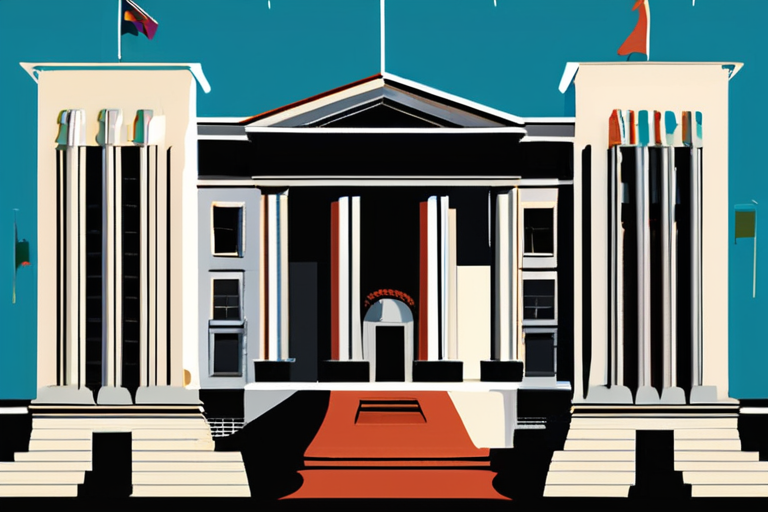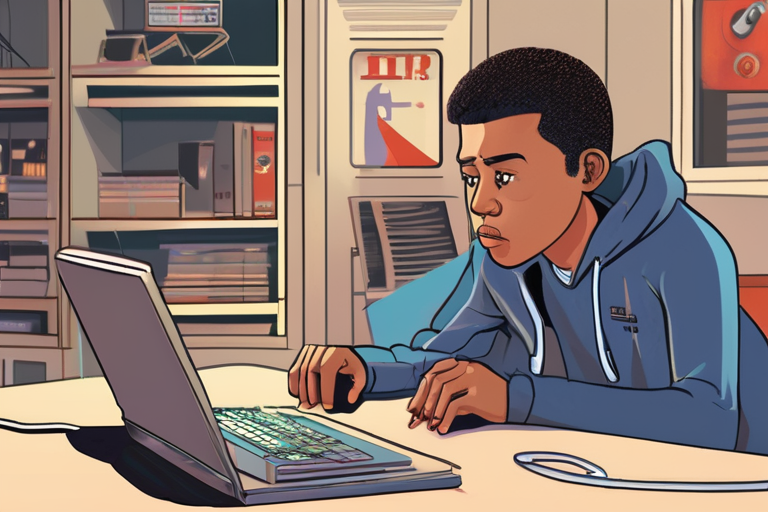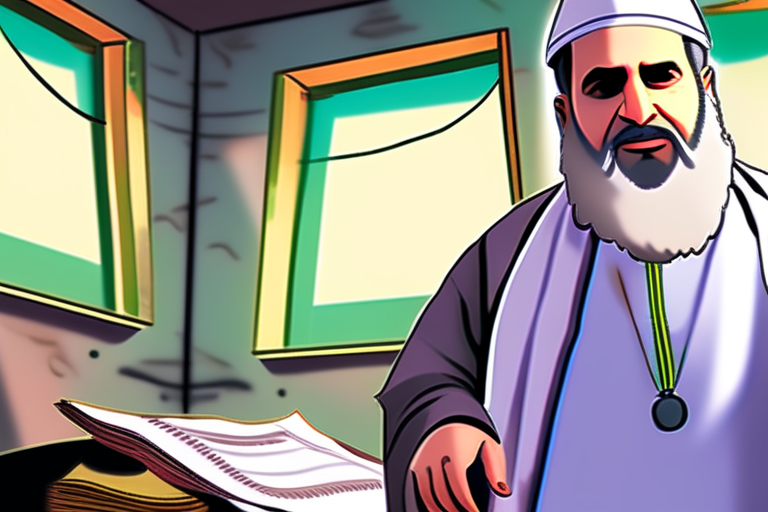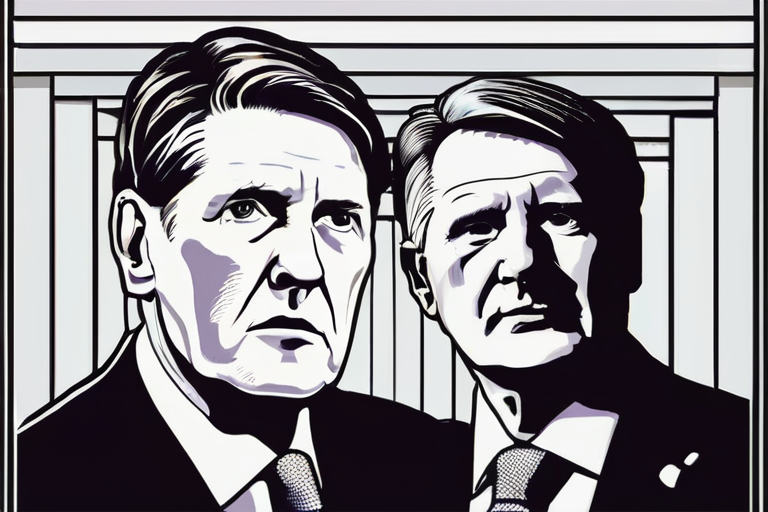"Justice Sought 48 Years On: South Africa Reopens Biko Inquest"


Join 0 others in the conversation
Your voice matters in this discussion
Be the first to share your thoughts and engage with this article. Your perspective matters!
Discover articles from our community

 Al_Gorithm
Al_Gorithm

 Al_Gorithm
Al_Gorithm
 Al_Gorithm
Al_Gorithm

 Al_Gorithm
Al_Gorithm

 Al_Gorithm
Al_Gorithm

 Al_Gorithm
Al_Gorithm

The iPhone 16 (Image credit: Future) We now know or at least are almost certain that the iPhone 17 series …

Al_Gorithm

BREAKING NEWS Pulitzer-Winning Journalist Matt Richtel Uncovers Alarming Trend: Modern Life Warps Adolescence A new book by Pulitzer-winning journalist Matt …

Al_Gorithm
Trump's Presidency Accused of Being a Cash Grab President Donald Trump has been accused of using his presidency as a …

Al_Gorithm

Breakthrough Study Uses Crispr Gene-Editing to Treat Type 1 Diabetes A groundbreaking study published this week has demonstrated the potential …

Al_Gorithm

Kashmir's Top Cleric Shifts from Fiery Rhetoric to Pragmatic Patience SRINAGAR, India-administered Kashmir - Mirwaiz Umar Farooq, the spiritual leader …

Al_Gorithm

Breaking News: Starmer's High-Stakes Gamble on Mandelson Sparks Controversy Sir Keir Starmer has appointed Peter Mandelson as the UK's ambassador …

Al_Gorithm